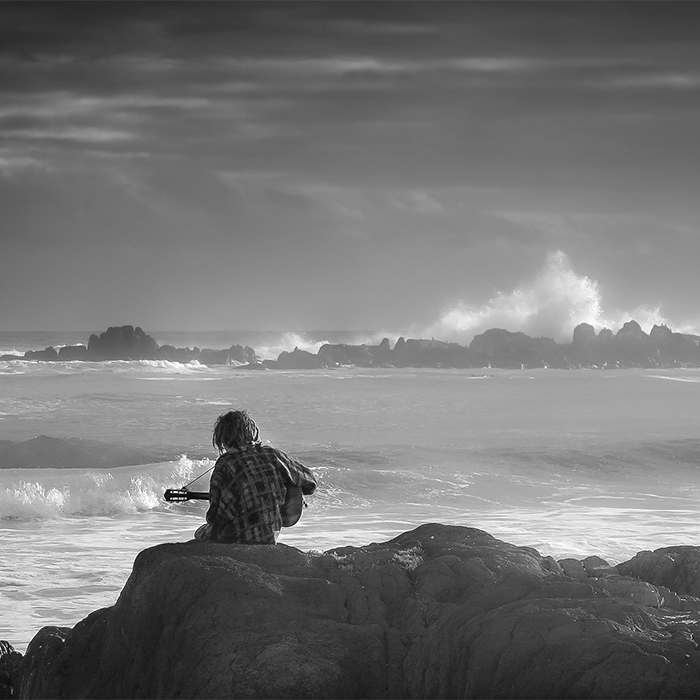Written by Jenna Dreisenstock
Music is known as a universal language; a means to communicate that any earthling can understand, regardless of individual responses – whether we like the actual music or not, we know that someone is trying to say something to us, and that determines our response. For the majority of us, music plays an integral role in our lives not only as a source of recreation or inspiration, but as a means of creativity so unlike anything else it is able to convey feelings and experiences that would otherwise remain completely intangible. With music as a form of communication, it’s interesting to note different people’s responses to multiple genres as the genre would in fact, be that languages outline. The ways in which we consume music depends more heavily on our moods than we may realise.
As the mood of the track matches that of the listener, because, well obviously it does; interesting questions spring to mind. Why do we listen to certain types of genres when we feel certain ways; not simply in reference to – joy and excitement while listening to pop or harsh anger in the energy of metal. That’s a little too obvious. A more interesting idea arises when we ask ourselves – why do we listen to sad music when we’re sad?
As we navigate our way through the auditory world we immerse ourselves in biomes of sounds that while universal can remain equally intimate and meaningful in the woven states, to navigate toward the biome which suits our ‘habitat’; genres that create fulfillment for different types of people – it will almost always rings true that when someone is sad, they will listen to sad music. It seems rather ridiculous actually, considering music as an art form in which we are able to determine our exposure to; wouldn’t we be much more willing to choose a sound that will help us feel happier, as opposed to a track that could send us spiralling further? I mean, what does that sadness really have to offer us aside from further sadness?
Aside from the language of music being accessible to all in it’s unspoken relatability (for the most part; in it’s very human creation.) we tend to be drawn to that which lights us up; but also, the melancholia which we actually need to indulge in. In its relatability, in whatever genre it may be; comes not only the light-hearted feeling we get when we’re reminded we’re a part of the human race (it’s nice not to be alone.) but we also may find ourselves engulfed in that slightly heavier feeling – that reminder that we are human. Fullstop. (it’s really nice not to be alone.)
To go out of our way to listen to music that we know will, for a fact, make us feel worse than we already do in that particular moment – to revel in our own sadness in a way that’s so strikingly masochistic; perhaps it’s not, though. The relatability that draws audiences and seeps through genres as biomes in which listeners can build habitats; this shows another level of relatability, and a whole other level of what we are choosing to experience. We are actively choosing sadness while sad. Yet, with this language comes catharsis; the ability to express the intangible through the auditory. Sometimes there are words, sometimes there aren’t – sometimes there are both. The catharsis of experiencing something that is able to help one relate to themselves in ways they are unable to put into words; to be able to feel a relief from pain via someone else’s beautiful creation, is a cathartic process like no other that puts the language of music into a completely new perspective. We listen to sad music when we’re sad because it makes us more sad, which is great.




